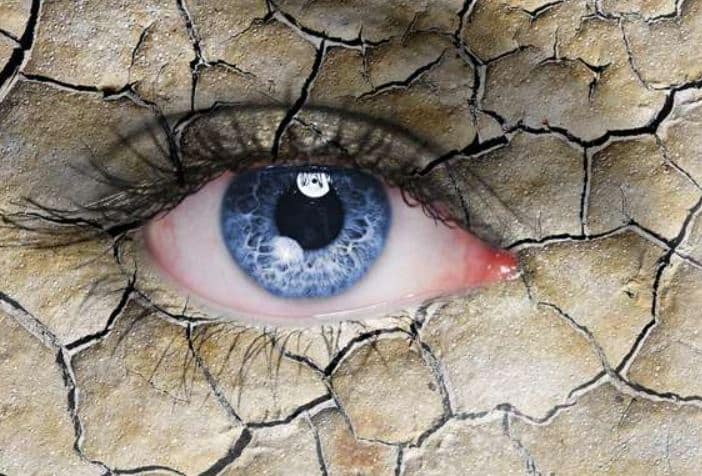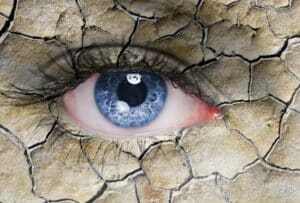Cornea,dry eye,Eye Health,laser cataract surgery

An amazing new article in Optometric Management by Dr. Douglas Devries, OD featured a study conducted by our very own Dr. William Trattler, MD.
The study consisted of 143 prospective cataract patients in 9 centers across the US in 2011. These patients were evaluated for dry eye by multiple measurements that we use including Tear Break Up Time (TBUT), Schirmer’s scores, International Task Force (ITF) grading, conjunctival staining and corneal staining. The prevalence of dry eye was pretty astounding. 80.9% of these patients had a Level 2, 3 or 4 on the dry eye scale! However, only 22.1% of them had previously been told they had a dry eye diagnosis!
The outcomes of this study mean that the prevalence of dry eye in cataract patients is very high and the recognition or diagnosis of the dry eye PRIOR to the cataract surgery is very low…aka… This means that many of the cataract patients we see here at our center have probably NOT been told they even have Dry Eye!!!!
Why does this matter?
– We have seen in our experience that many dry eye patients who don’t feel symptoms before cataract surgery, will probably complain about dry eye after surgery.
– Dry eye could play a significant role in affecting which lens your doctor chooses to implant.
o The effects of dry eye can cause inaccurate K readings which have the potential to throw off the IOL calculation which can cause an incorrect lens power selection by your doctor.
o This then can lead to a patient being dissatisfied if they get residual refractive error especially with a toric lens (lens for astigmatism patients) or presbyopia correcting lens (often called “premium” lenses).
– Before light can even be diffracted by one of these premium or multifocal lenses, if the patient has dry eye and suffers epithelial defects, it can result in the deterioration of the image quality the patient has at the corneal level.
What does this mean to us?
All of the above means visual confusion and dissatisfied patients who paid for amazing multifocal lenses with their cataract surgeries regardless of how amazing our surgeon did their job. That greatly concerns us. We want ALL of our patients to be satisfied after surgery and those who spend extra to be able to see at ALL ranges of vision, need to make sure their eyes are in the best possible shape before surgery to get the best possible outcomes.
It is so important for our referring doctors to test their patients prior to sending them to us for cataract surgery to make sure these patients are treated for dry eyes aggressively. After all, we learned from this study that over 80% of the patients we see will likely have dry eyes!
If you are routinely getting your annual eye exams (congratulations, this is the first step!) please ask your eye doctor to test you for Dry Eye.
If you even have a hint, make sure they give you recommendations for artificial tears and next steps for aggressive treatment prior to scheduling a cataract evaluation!
Call us today at 305-598-2020 if you have been diagnosed with dry eye or you feel like you may have dry eye symptoms and you want options.


